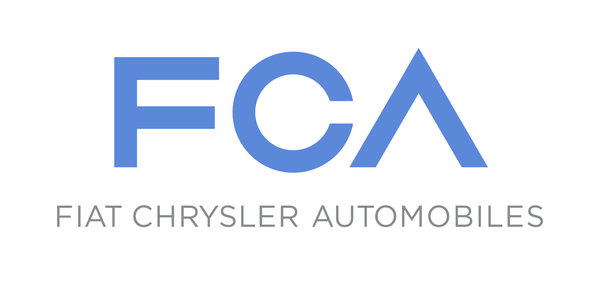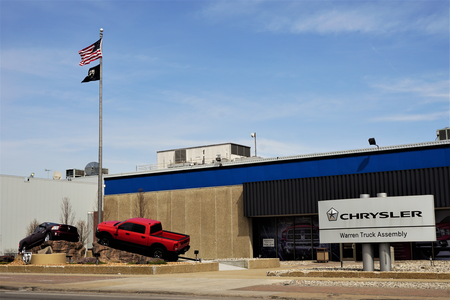Fiat Chrysler, Renault Merger Talks Hint at Future of Auto Industry
Two automotive players are actively discussing a union that would see power split equally between the companies. Here’s what that means for the industry.


Italian-American automotive giant Fiat Chrysler is hoping to make a French connection.
The company is currently in talks to merge with Renault — a French manufacturer that sold 3,884,295 vehicles in 2018. The proposed deal would give both parties a 50/50 leadership stake.
Renault currently has an alliance with Japanese car makers Nissan and Mitsubishi which has recently suffered from turmoil. It is unclear whether those entities would be included in the merger.
WDET’s Alex McLenon speaks with Autotrader executive analyst Michelle Krebs about the potential deal and what it could mean for the industry.
Listen to the audio interview by clicking on the player above. The following Q&A has been edited for clarity.
WDET: What do we know right now about the potential merger?
Krebs: In the wee hours of Monday morning, Fiat Chrysler issued a document stating that they were pursuing a 50/50 merger with French auto maker Renault. There were not a lot of details and it said it would take up to a year to finalize any kind of merger.
What about this hypothetical merger would make, or would not make, sense for Fiat Chrysler and Renault respectively?
Well Fiat Chrysler has been talking about this for many years under the late Sergio Marchionne. He believed firmly that the industry needed to consolidate because each individual company was spending immense amounts of money on research and development for electric vehicles, autonomous vehicles and mobility services of the future with no clear path to profitability. And he felt it would be much better for companies to combine and make those investments together. And so, almost a year after his death, that seems to be coming true – his vision of what should happen to Fiat Chrysler.
There has been recent unrest for Renault, Nissan, Mitsubishi, and their alliance. Is that a factor?
Krebs: So, what was not mentioned in the proposed merger between Fiat Chrysler and Renault was what would happen with Japan’s Nissan and Mitsubishi. Renault has been in an alliance – it’s not a 50/50 alliance but it’s a cross ownership – with Nissan. It’s been going on for about 20 years, but in the last year it’s run into some stormy weather.
The former CEO of Renault-Nissan, Carlos Ghosn, was arrested in November in Japan on alleged financial misdeeds. He’s still being detained in Japan awaiting trial. There had been a controversial move to make a closer merger with Nissan and Renault, and there were some factions that were against that. So it’s been a political hot potato. There’s been a lot of speculation about what will happen with Renault’s alliance with Nissan, and this just adds yet another question mark to that alliance.
Going forward, should there be any concern about having these kind of… super groups, that own so many automotive properties?
Krebs: There’s still plenty of competition in the auto industry, even with some of these super groups. And we are increasingly seeing automakers partner on specific projects. Like, Ford and Volkswagen are talking about doing some projects together. GM is partnering with Honda and others. And also, in addition to partnering with each other, automakers are partnering with tech companies. For instance, Fiat Chrysler partners with Google’s Waymo on autonomous vehicles. So I think because these future technologies are so expensive, we’re going to see a lot more alliances like that. Not necessarily full blown mergers like Fiat Chrysler and Renault are talking about, but alliances on a project basis.

